Comments (3)
Niall Lonergan
Fully automatic drones is the future of the air cargo industry
Josh Williams
Every sector is impacted by Covid-19 this year
Paul Mcstay
Can they make flying cars first then we deal with the air delivery?
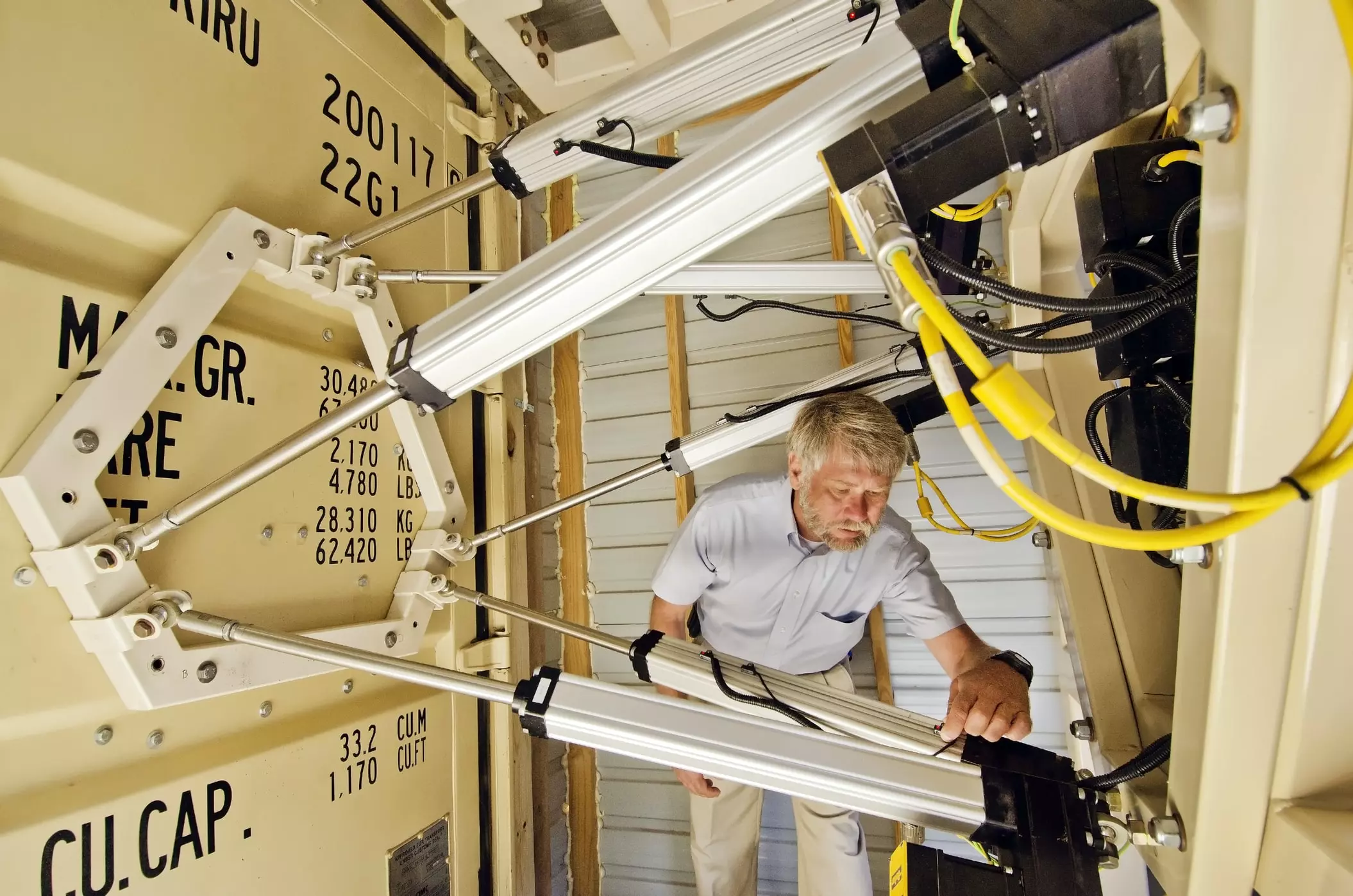
Following five years of flat-line growth industry, the future of air cargo is unpredictable. Financial and Covid-19 pandemics have affected its growth and decline.
As for air freight, the future looks bright. In 2018, there was an optimistic outlook for profitability that was driven by "robust growth in demand on both the passenger and freight sides of the market," IATA said.
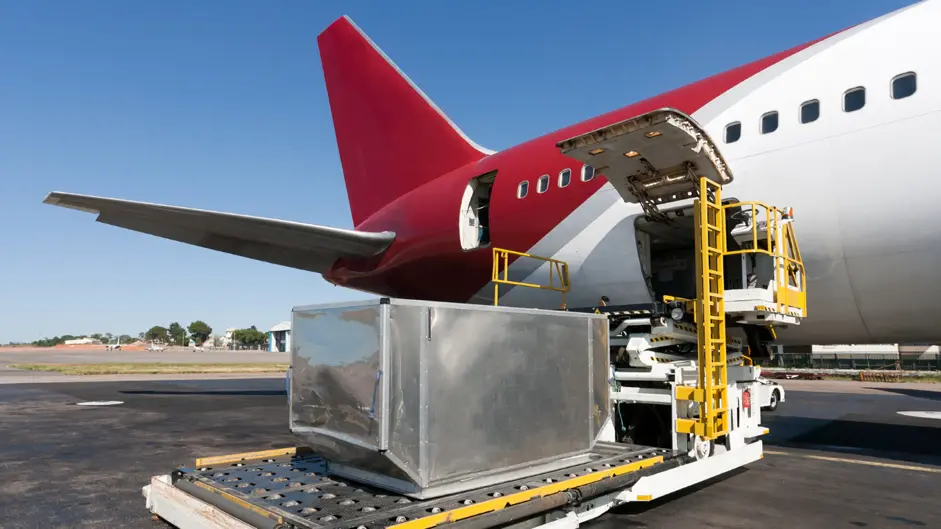
According to McKinsey and Company forecasts, air freight sending volumes will rise by about 3 percent per year over the next decade – all things are going well.
As of 31st March 2020, amidst the outbreak of the covid19 virus around the world, the future of air cargo industries are seemingly ok and air cargo companies seem to be surviving and thriving as they are in demand from governments to deliver supplies into different countries. The rise in 2020 may or may not be reflected by the end of the year. This will depend on what the lockdown conditions are enforced in the months to come.
There are, however, two areas of transformation that could have an impact on the industry and its future profitability. Such as technology and control. These either have the potential to throw several wrenches in the air for freight works or increase their productivity and cost-effectiveness to the degree that air cargo becomes the method of choice for sending goods around the globe.
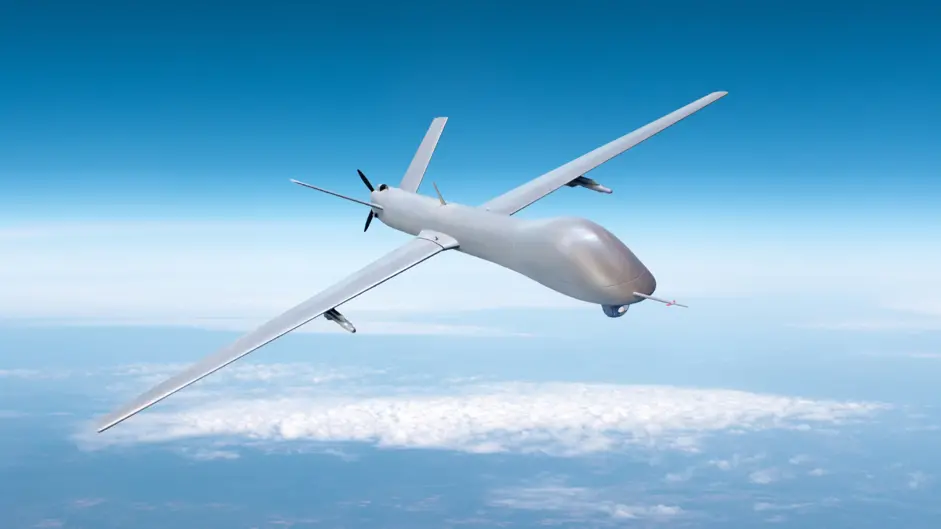
Technology transforms freight forwarding in several ways; from robots and automated systems to increased reality, drones and the use of big data and artificial intelligence; Both of these have the ability if used correctly and cohesively, to make air freight forwarding cheaper, faster and easier.
Although technology is generally viewed as a positive thing, it also has the potential to be highly disruptive – particularly to air freight forwarders who traditionally operate their systems. Technology will change the entire way the industry is operating, and if companies do not adapt, they will be left out in the cold.
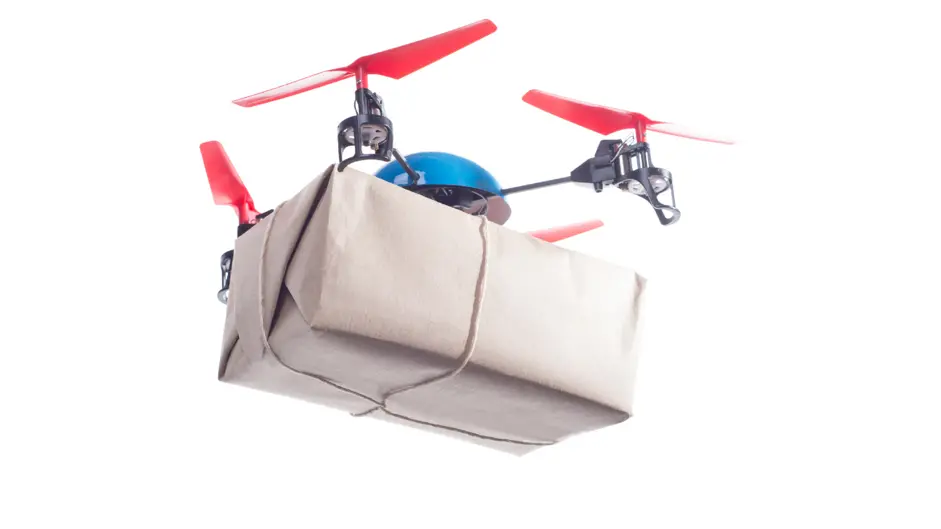
Driverless cars and the rapid development of drone technology opened up new possibilities for air freight forwarding. The work being done by Boeing to establish autonomous air travel is one of the most exciting developments in this field.
Boeing had concluded early-stage flight tests of crewless aerial cargo vehicles (CAV) by early 2018 with the hope that this could be used as a springboard for a future of autonomous flight. This work, combined with Amazon's drone delivery plans, represents an essential development in the near future of air freight forwarding. Although this relatively new concept, freight forwarding digitization – both on land and at sea and in the air – is not a new trend.
There are also a handful of start-up drone cargo plane companies with tested cargo planes, these companies are Elroy Air and Airmap.

Like with other industries, air freight shipping is starting to reduce paper, and printed materials use. The aim of IATA is a paperless method and ' smart data sharing ' The advent of freight forwarders apps and software, which allows anything to be done digitally, from invoicing to freight tracking, means a paperless future is a possibility.
Paperless air freight forwarding has many advantages. For a start, it is greener. Furthermore, physical paperwork is more meticulous, whereas user-friendly apps and software save shippers time and energy, giving them instant responses and intuitive processes. It also means that wherever they are all the information they need is at their disposal.
A digital approach makes freight forwarders even more appealing to customers. It offers a cost-effective, reliable, and environmentally friendly way of shipping, as well as giving clients the peace of mind that there is much less space for human error.
It's clear that freight forwarding companies need to go digital to survive. There are, however, no specific instructions on how to do so, and how to carry it out to customers.
Although some Freight Forwarding solutions have been using digital methods such as e-awb for years, online registration is currently only provided by roughly 60 percent of forwarders. Online quotes are seldom issued, and the ability to handle online shipments is still required for many forwarders to grow. Such stumbling points mean that conventional freight forwarders face fierce competition from younger, more modern, innovative startups. With the growth of digital business networks for multi-enterprise companies have a fast route to digitization. Freight forwarders, shippers and carriers will enter a network, share visibility and handle shipments as they move across the entire supply chain. Digital is essential to the industry, but a change in thought and business model is needed to keep air freight forwarders competitive and to give customers what they want.
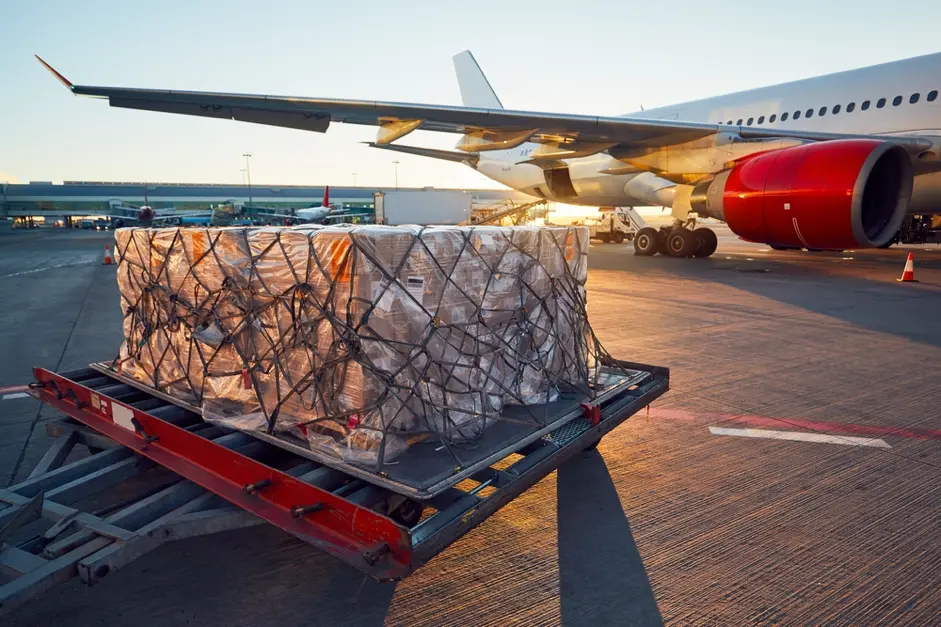
As the essence of air freight forwarding shifts, it will also need to adjust to the regulations that surround it. Forwarders (and customers) would expect speed, simplicity, comfort, traceability, and accountability to be greater. The IATA sees increased regulation of the industry and hopes that this regulation will be "smart, balanced and guided by data."
One thing that hasn't changed is the protection priority setting. However, how things make themselves safe has changed. When new technologies grow and air freight is sending more and more products, safety becomes even more imperative. New technologies need to be addressed – for example, how do we keep the general public secure when freight transfers are automated or when products are delivered by drone?
Security is and will continue to be the top priority for IATA Cargo Strategy 2018. Regulation must be ' established and preserved to ensure protection for aircraft, passengers, and crew. '
Rising costs for forwarders are a result of increased safety control. In 2012, Lufthansa stated that mounting regulation reduced their ability to "operate effectively," noting that "defense is a double-edged sword" and that since 2001, security costs had risen ten times.
The IATA also recognizes regulations relating to trade facilitation as relevant to the future of air freight. Their view is that smart regulations need to be in place to promote increased trade – alongside health and enforcement. Eventually, as digitization makes freight transportation easier and more effective, there is an even greater need for the industry to cooperate with state regulators to ensure that regulations move with time and do not slow down transit times.
Regulation and technology have put their unique pressures on freight forwarders, and make it possible to make more informed strategic decisions to be effective. Digital must be adopted, legislation must be adhered to, and coordination must be built to ensure that this regulation does not pull businesses down. Without this, the promising future currently enjoyed by air freight may diminish.
2020 will be a strange year for the air cargo industry as the world faces many changes in technology, human approach, sustainability, industry, and restrictions. 2021 may be a better year for us to predict the future of the industry as a whole.
Fully automatic drones is the future of the air cargo industry
Every sector is impacted by Covid-19 this year
Can they make flying cars first then we deal with the air delivery?
Leave your comments
Post comment as a guest